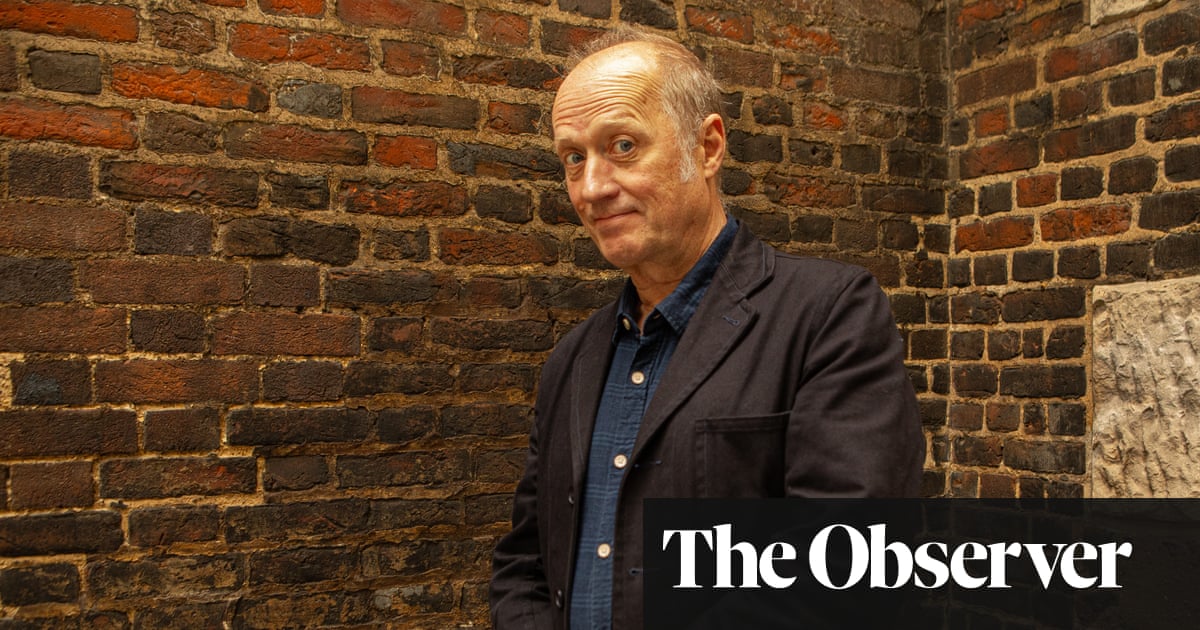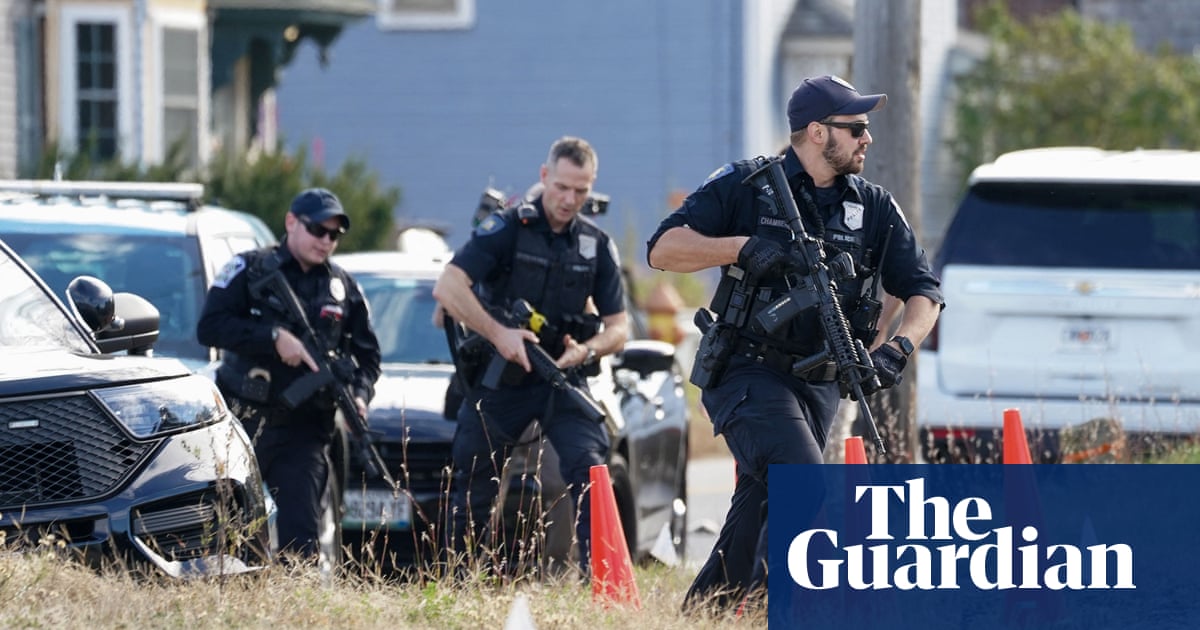
Adrian Lester – actor
In the Heat of the Night
I was about eight or nine years old. We had one TV in the house which sometimes people fought for control over. In those days, you watched one channel at a time and if you missed your programme, well, you missed it. I had been playing in the garden or something when I heard loud shouts of “Yes!” “Gwaan!” “You See Dat!?” I went to see what was going on. It was normally sport that got that kind of reaction, but I found my grandfather, uncle and aunt watching an American Black man on television in a suit, staring at an older white man wearing an apron. I was only small but I realised something big had happened.
I forgot about the incident until a few years later. The film was being shown again. This time I was a teenager interested in acting and wanted to watch what I had heard by now was an iconic film. In the Heat of the Night is an excellent piece of work. I was excited, angry and intrigued following the plot until it came to the moment where Endicott (Larry Gates) slaps Virgil Tibbs (Sidney Poitier) and, without missing a beat, Poitier slaps him right back. I suddenly understood why my relatives had reacted so loudly. All I had to deal with at school was the usual name-calling, and the kids who thought it was funny to pretend to whip me on my back because they had seen a bit of Roots. But my older relatives dealt with their workplaces in the outside world: the army, the hospitals, the buses. I wonder how often they had been told to lighten up, to just “take a joke”, to not be so “sensitive”. I liked that film. Endicott slaps Detective Tibbs, and Tibbs slaps him right back. Endicott waits for retribution to come to defend him, to make things right again and when nothing happens he is forced to see that his perceived place in the world has shifted and it nearly brings him to tears.
Baroness Floella Benjamin – actor, broadcaster and parliamentarian
Loose Women
I have been involved in broadcasting for 50 years and I have continually highlighted the lack of diversity on screen and off. I’ve worked in studios where I was the only person of colour present. In 1974 when I appeared in the drama Within These Walls, I asked the producer: “Why can’t we have Black people portraying doctors, lawyers or accountants, instead of crooks, prostitutes or bus conductors?” He said: “It’s not realistic to cast characters like that.” That’s when I began my crusade to change mindsets, starting with Play School. It’s been a tough journey and I was often told to shut up or I would never work again. When I asked others to support my mission, they felt unable to do so as it might jeopardise their careers.
Fast forward to October 2020 when I tuned in to Loose Women and was greeted by the most wonderful vision of four Black women – Charlene White, Judi Love, Brenda Edwards and Kéllé Bryan – presenting the show. At the sight of four multitalented women giving their views, I jumped for joy and shouted: “This is how television should be, this is what I have been campaigning for behind the scenes for almost 50 years!” It was said to be a historic TV moment and this year it won an RTS award for best daytime programme!
Lenny Henry – comedian, actor
Do the Right Thing
A mind-blowing experience. First, the opening sequence: over the credits a mournful saxophone plays beautifully. And then, BAM! Public Enemy’s Fight the Power blasts out and Rosie Perez explodes onto the screen – we know we’re in for something. And then the movie begins in earnest: the tale of a mostly African American neighbourhood on the hottest day of the year and the tensions wrought by police brutality and by the stresses of different minorities living cheek-by-jowl. The film is brilliant at showing how a race riot might kick off in the ghetto; Mookie (Spike Lee) works for Sal’s Pizzeria as a delivery boy. Sal, the pie-slinger, is a generally kind man, a gruff Italian-American with a manner that brooks no argument. His sons Pino (John Turturro) and Vito (Richard Edson) are at odds because Vito is friendly with Mookie while Pino – an out-and-out racist - can’t stand him.
The other issue – and perhaps one of the reasons the inclusion movement was such a no-brainer for me – was the “Brothers on the wall” argument. Mookie’s friend Buggin’ Out (Giancarlo Esposito) notices that, although there are lots of Italian-American celebrities featured on Sal’s Wall of Fame, there are no people of colour. And from this point , the narrative takes a sharp turn towards its climax – we know when all these factors cohere, this isn’t going to end well. But despite that, the film is funny, funky, educational and fresh. Now who wants a slice a pizza?
David Ajala – actor
Hustle
I have been a fan of Adrian Lester for many years. Though I was aware of his extensive stage work, my actual introduction to him was in Hustle. A group of highly skilled con artists was led by the suave Mickey Stone (Lester). I remember thinking: “Look at this handsome Black guy, confident in his abilities and having so much fun!” I had graduated from drama school around the time I saw Adrian in Hustle. Authentic and talented representation is so important. Seeing Adrian do his thing so effortlessly in a role void of clumsy stereotypes gave me the encouragement I needed to smash any glass ceilings if necessary.
Michelle Gayle – actor and singer
I May Destroy You
We first meet Arabella Essiedu with her lover in Italy, displaying pink hair, a beatnik cardigan and effortless wit while telling him: “All I’ve done is eat four-cheese pizza and a dick.” And from that moment on, I was sold! In the past few years, seeing a dark-skinned Black leading lady in a British drama has been as rare as … well, you may have seen a dodo first. But here Arabella was. Michaela Coel had given us our first Afropunk leading lady.
For those who aren’t familiar with the Afropunk festival, it began in New York and was aimed at Black people who felt, at times, othered in the Black community. People who go to Afropunk love hip-hop and dancehall music but also bands like Nirvana, Kings of Leon and Paramore; if they’re not LGBTQ themselves, they certainly see themselves as allies. We were told I May Destroy You was a drama about sexual consent but once you met Arabella and her friends Kwame and Terry, you knew it was much more than that. Coel gave us a human story that also expanded the landscape of what it means to be Black, British and on TV. We will all benefit because of it.
Kobna Holdbrook-Smith – actor
The Real McCoy
The Real McCoy gets mad thanks and mad props from me all day long. It was that funny and that inspiring. Its whole outlook and expression afforded me access to culture and context that, growing up Black outside London or any other UK Black cultural centres, I simply couldn’t get [enough of]. Only by seeing “us” did I really see me. And I definitely regularly deployed comedy from it as decoy flares for some of those heat-seeking schoolmates we all knew.
Caroline Hollick – head of drama, Channel 4
A Different World
It’s strange to write about my love for A Different World, in the light of what we know about Bill Cosby. But it would break my heart to have his terrible crimes take this show away from me. As a teenager in the late 80s, I was just the right age to hero-worship the luminous eccentricity of Lisa Bonet as Denise Huxtable, and to dream of the fun and freedom of university. In an era when mixed-race representation felt absent, the young women in this series gave me permission to be the me I felt like back then: brown, middle-class, and a slightly hapless nerd.
Dr Clive Nwonka – lecturer in film, culture and society
Babylon
I was relatively late to Babylon, having first watched the film during my MA studies when it was finally released on DVD. The power in the film is captured in the final scene where Blue (Brinsley Forde) leads his Ital 1 Lion group in a south London soundclash.
While he sings, the young Black men barricade themselves in the hall as a police squad attempt to shut their soundsystems down. Its resonance is drawn from what we don’t see; the film ends with the police breaking through the barricaded door as Blue implores Black Britain to stand firm against police brutality. For me, it was an immersion into the race politics of the 1980s, and ignited my academic interest in the politics of Black British film.
Anne Mensah – vice-president of content UK, Netflix
Pick one favourite television show? I cannot. Television is my friend. I can write about laughing until we cry watching It’ll Be Alright on the Night with my mum and dad. Watching Peter Kosminsky’s Warriors and realising that television could make me feel like the air had been taken out of me, or Peter Bowker’s Flesh and Blood and understanding it could emotionally educate me, too. BBC Two’s The Buddha of Suburbia and Channel 4 drama in all its boldness – Queer As Folk, My Beautiful Laundrette – otherness made central. Counting Black people in adverts with my family to understand what was missing and later what was changing. I am the sum of everything on television I’ve ever watched and loved. And I love a lot.
Campbell X – writer-director
Looking for Langston
Isaac Julien’s film is a beautiful homage to Black gay men in the US and UK. It was my introduction to the possibility that Black gay male desire and identity was not a modern phenomenon but always existed in Black culture in the past, and was beautifully Black. The experimental black-and-white film includes archive footage and erotic dream sequences, and the poetry of Langston Hughes, Richard Bruce Nugent and James Baldwin. Singer Jimmy Somerville makes a cameo. Stuart Hall’s voiceover is powerfully evocative. The film is testament to queerness in London before gentrification and homonormativity.












